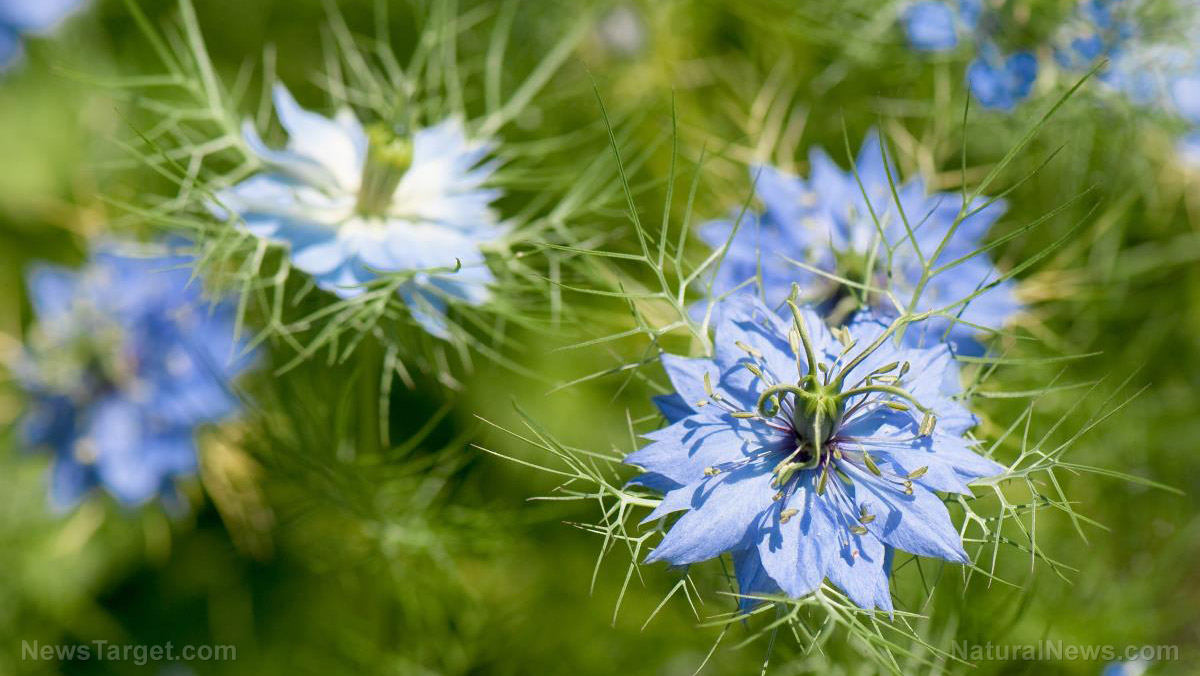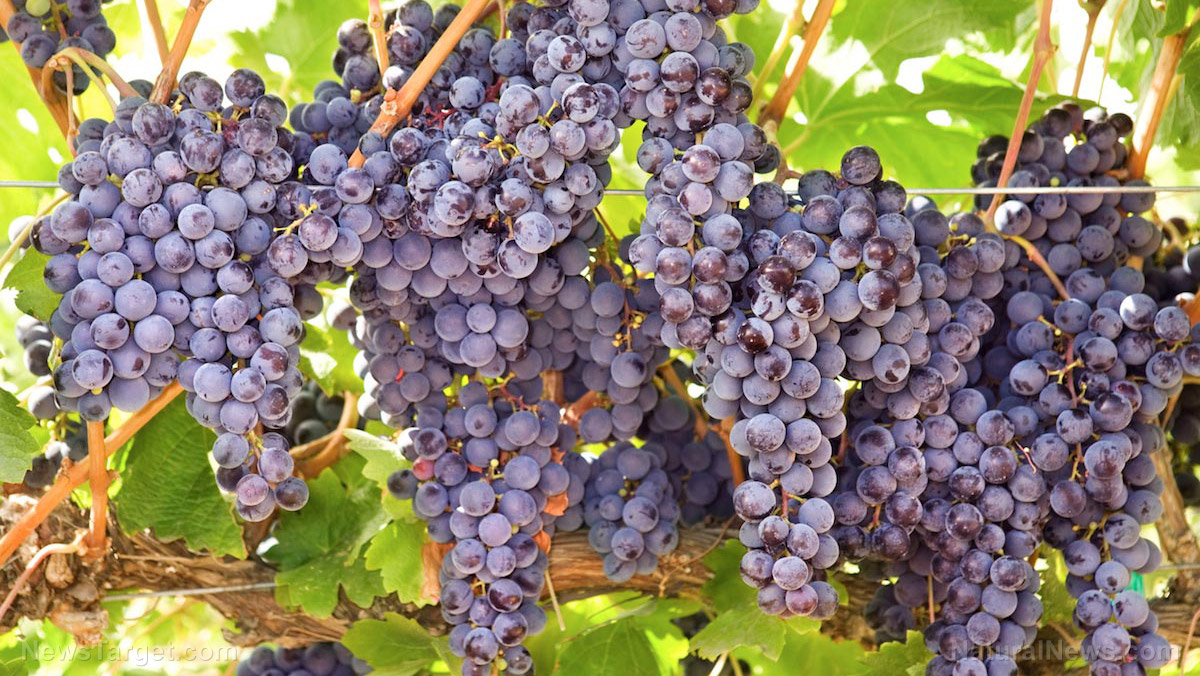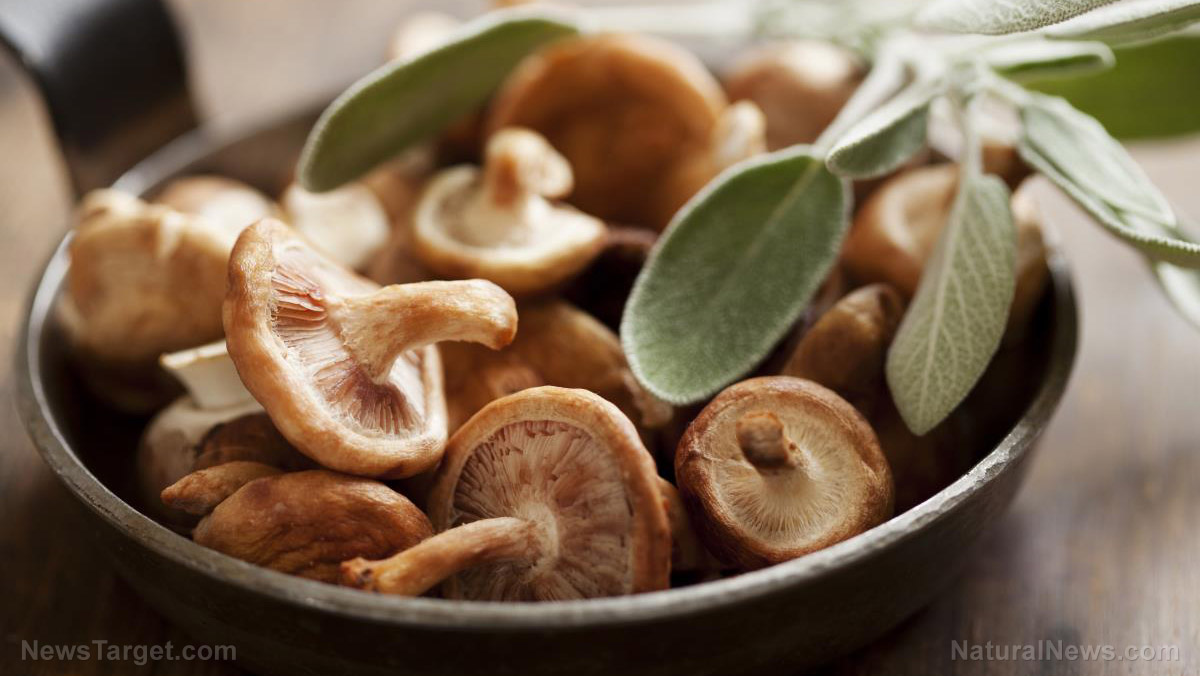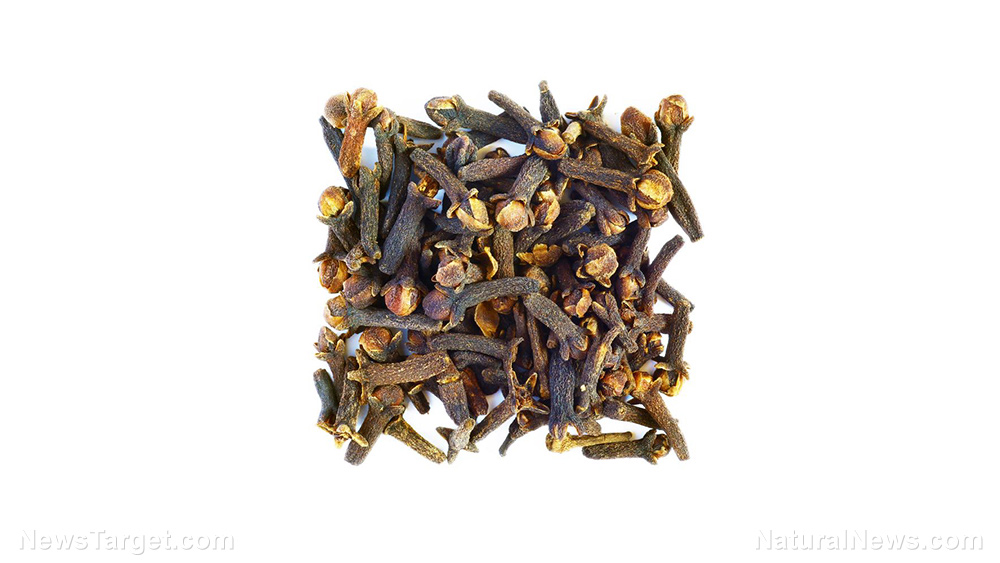Exploring the anti-parasitic properties of fennel flower
12/09/2019 / By Evangelyn Rodriguez

Parasites are small organisms that depend on a living host for their survival and propagation. In humans, parasites are often found in the intestines, but they also dwell in other organs such as the skin and the brain. Because they cannot live sans their host, most human parasites don’t cause death, but some can cause diseases. One example is schistosomiasis, a parasitic disease caused by Schistosoma mansoni worms which live in the blood vessels. Schistosomiasis is more of a disabling disease than a life-threatening one, although it can cause death due to complications involving major organs. While schistosomiasis treatment has been largely described as successful, it relies mainly on a synthetic drug that causes a lot of side effects. Fortunately, researchers from Benha University in Egypt have found a potential drug candidate that comes from natural sources. In their study published earlier this year in the Journal of Medicinal Plants Research, they reported that Nigella sativa, also known as fennel flower or black cumin, can effectively kill parasitic worms within 48 hours of treatment. The efficacy of this medicinal plant is further enhanced by using chitosan nanoparticles as drug carriers.
Fennel flower, a natural anthelmintic against schistosomiasis
Fennel flower is a plant that grows only three feet tall, has small flowers, and produces fruit pods filled with tiny black seeds. These seeds have been widely studied due to their abundance in phytochemicals, most notably a powerful compound known as thymoquinone. According to studies, thymoquinone has many therapeutic qualities, such as anti-inflammatory, immunity-enhancing, and chemoprotective properties. Fennel flower can be found in many regions across the globe, most notably in parts of Asia, Africa, and the Middle East.
The potential of fennel flower is not limited to just reducing tumor growth and relieving allergic rhinitis. Research suggests that fennel flower is effective against disease-causing bacteria and parasitic worms. In a recent study published in Acta Biologica Hungarica, Egyptian researchers reported the effectiveness of fennel flower oil and extracts from an alga known as Chroococcus turgidus in reducing the number of eggs produced by female S. mansoni worms. A review written by Iranian researchers also discussed the anti-schistosomiasis activity of fennel flower oil and how two weeks of treatment was enough to reduce the number of S. mansoni worms in the liver of infected mice. Treatment with the oil also decreased the number of eggs deposited in the mice’s intestines and liver.
Chitosan nanoparticles carrying fennel flower extracts can kill parasitic worms within 48 hours
For their study, the researchers assessed the efficacy of chitosan nanoparticles loaded with N. sativa (NSLCN) against parasitic worms, and the structural changes they can induce in vitro. Nanoparticles made from natural polymers are commonly used as drug carriers because they can modulate drug pharmacokinetics, increase drug bioavailability, and allow targeted release with minimal toxic effects.
The researchers obtained S. mansoni worms from the portal and mesenteric veins of infected mice. They cultured three to five worms of both sexes and exposed them to varying concentrations of NSCLN for 24 and 48 hours. Using a stereomicroscope, they assessed the viability of the worms 24 and 48 hours after treatment and compared it with positive and negative control groups.
The researchers reported that the mortality rate of worms reached 88.9 percent after they were treated with 100 and 80 micrograms per milliliter (mcg/ml) NSLCN, and 84.6 percent after they were treated with 80 and 60 mcg/ml. After 48 hours, the researchers observed variable effects on the motility and death of the worms. Death rate reached 100 percent in all groups treated with NSCLN. (Related: Nigella sativa proven to treat candida albicans effectively.)
After 24 hours of incubation, the worms were still alive but sluggish. They died after another 24 hours of incubation. Using a scanning electron microscope (SEM), the researchers confirmed changes in the teguments — a protective outer layer — of both dead male and female worms. These changes included loss of spine, swollen suckers, swollen inter-tubercular ridges in males, and loss of smooth architecture in female teguments with multiple pores.
Based on these results, the researchers concluded that NSCLN is a new potential candidate drug for the treatment of schistosomiasis.
Sources include:
Tagged Under: alternative medicine, anti-inflammatory, black cumin, disease treatments, fennel flower, food cures, food is medicine, functional food, gastrointestinal health, infections, natural cures, natural medicine, parasites, phytonutrients, remedies, research
RECENT NEWS & ARTICLES
FoodIsMedicine.com is a fact-based public education website published by Food Is Medicine Features, LLC.
All content copyright © 2018 by Food Is Medicine Features, LLC.
Contact Us with Tips or Corrections
All trademarks, registered trademarks and servicemarks mentioned on this site are the property of their respective owners.




















